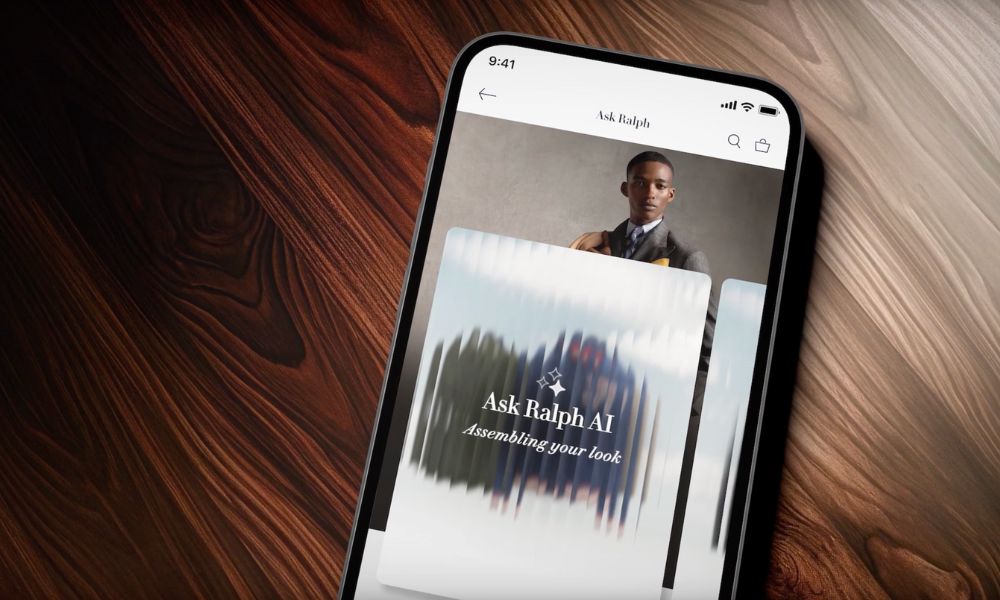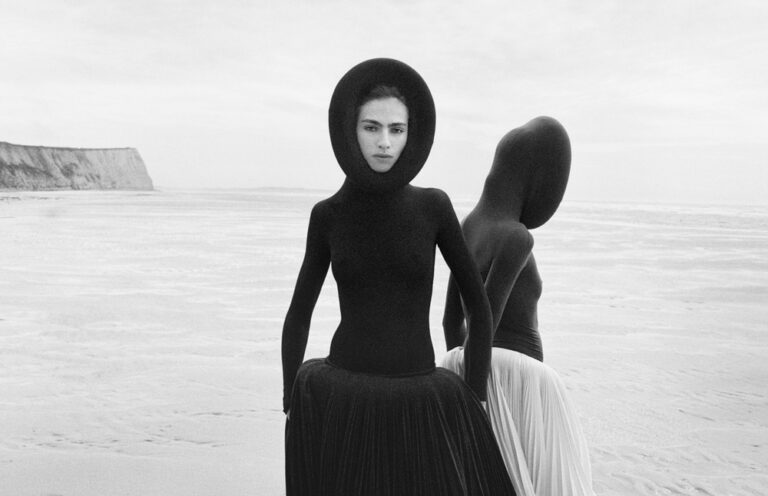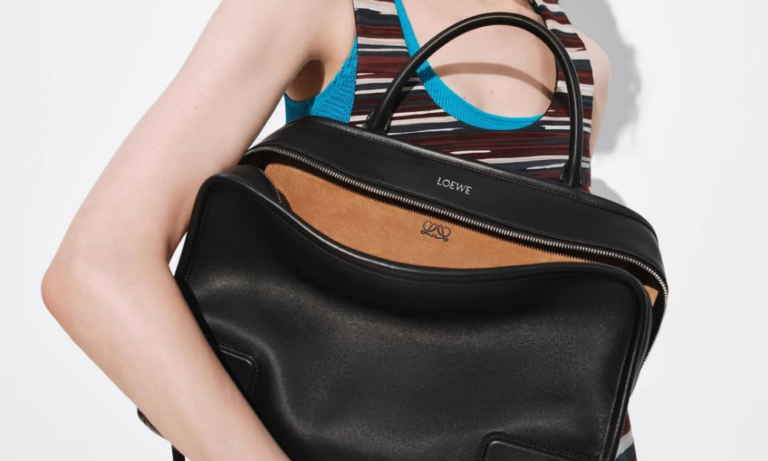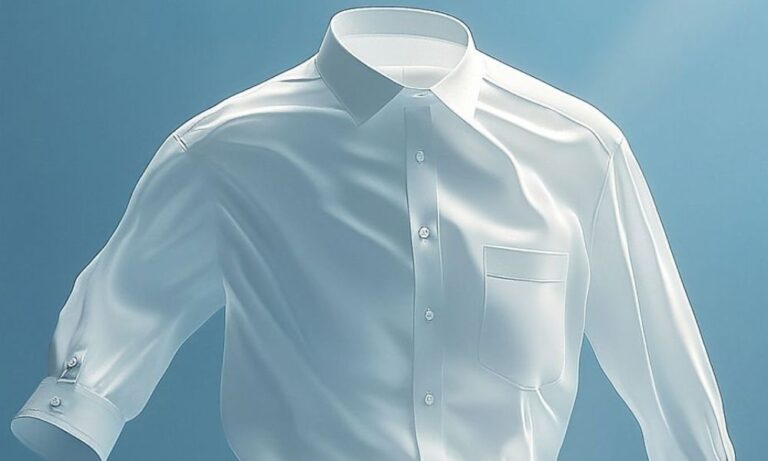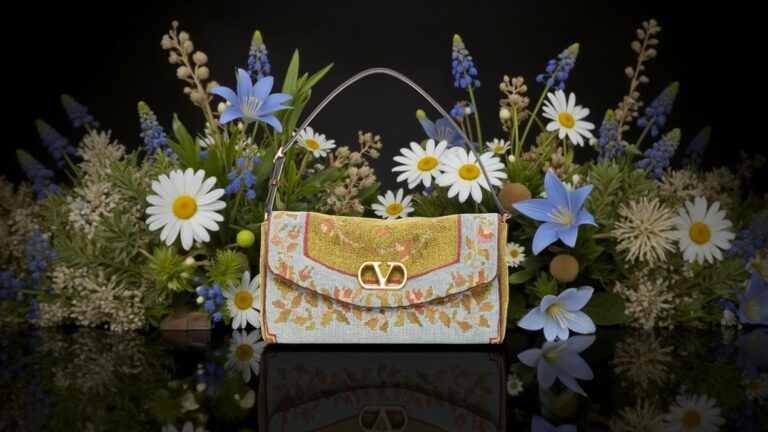For decades, Ralph Lauren has sold more than clothing—it has sold a vision. A polo shirt was never just cotton; it was a piece of a lifestyle, stitched with the promise of belonging to an aspirational world. That world, once defined by glossy store windows and cinematic campaigns, now finds itself reshaped by technology. With the launch of Ask Ralph, a conversational AI styling tool built with Microsoft’s Azure OpenAI, the brand is attempting to answer a pressing question in fashion’s digital era: how do you translate the intimacy of a luxury boutique into the palm of someone’s hand?
This isn’t Ralph Lauren’s first experiment at the intersection of fashion and technology. Twenty-five years ago, it partnered with Microsoft to launch one of the industry’s earliest e-commerce platforms, long before online luxury was considered viable. Over the years, the company has flirted with holographic runways, 4D projections, and virtual shopping experiences, often setting precedents that others later followed. Ask Ralph is the latest step in this tradition: a new way of shopping that replaces static product grids with dialogue, and algorithmic suggestion with something closer to human interaction.
The idea is deceptively simple. A user opens the Ralph Lauren app and types a question—“What should I wear to a concert?” or “How do I style a navy blazer?” The AI responds with curated looks drawn from Polo Ralph Lauren’s inventory, complete with visual layouts and styling notes. Customers can refine the suggestions, probe for alternatives, and move from inspiration to purchase in a few taps. In effect, it mirrors the guidance one might receive from an in-store associate, but scales it across geographies and time zones.
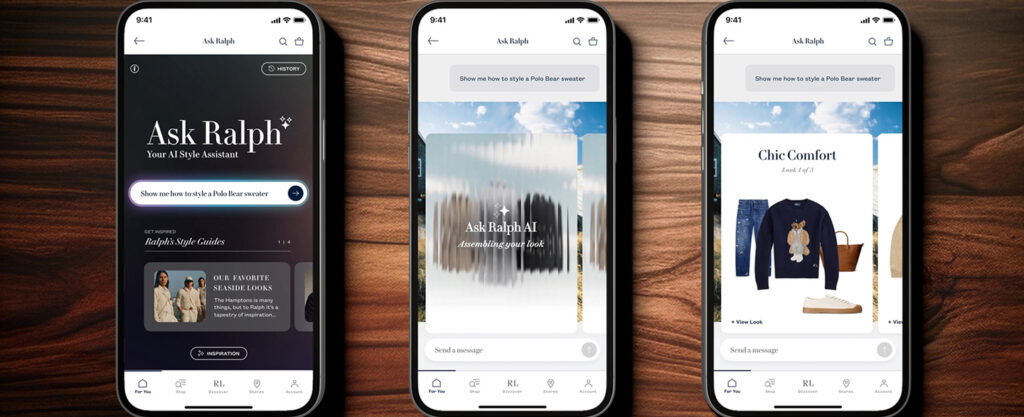
The partnership with Microsoft is key here. The tool leverages conversational AI and natural language processing to grasp context and nuance, making the experience feel less like searching a database and more like speaking with a stylist who knows the Ralph Lauren vocabulary by heart. Still, questions linger. Can an algorithm truly capture the subtlety of Ralph Lauren’s world? Does outsourcing taste to AI risk flattening individuality into templates?
The move signals a broader cultural shift in luxury. Personalization is no longer a privilege of the VIP client; it is becoming an expectation at every tier. Where once fashion houses measured success by who walked through their flagship doors, now the benchmark is who lingers in their apps. With Ask Ralph, the company is betting that the future of aspiration is not just cinematic campaigns but interactive experiences where the consumer actively participates in the narrative rather than simply consuming it.
As Ask Ralph rolls out in the United States, the company plans to expand across brands, platforms, and markets. If history is any guide, Ralph Lauren will continue to push technological boundaries, not as gimmicks, but as ways of staging its world for new generations. Whether this venture will redefine luxury shopping or simply add another layer to it remains to be seen. What is clear is that Ralph Lauren once again refuses to remain a relic of its past, insisting instead on shaping how fashion engages with the future.
ALSO READ: WARDROBE UPDATE: BURO’S FALL/WINTER 2025 SHOPPING EDIT HAS ARRIVED!
